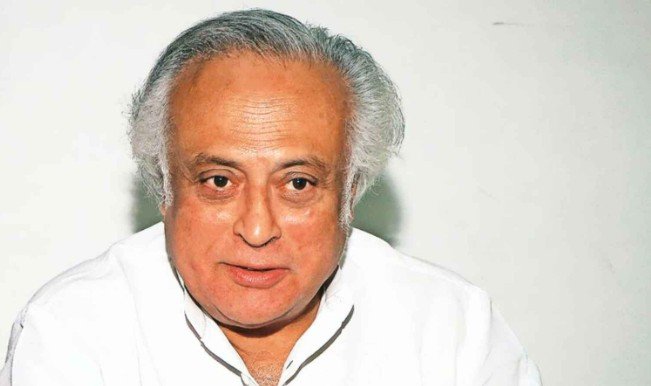Congress Warns: India’s Air Pollution Crisis a Severe Threat to Health
Jairam Ramesh highlights alarming rise in pollution-linked deaths and demands revision of NCAP and National Ambient Air Quality Standards.
New Delhi, Oct 26: The Congress on Sunday warned that India’s air pollution crisis is no longer just a respiratory concern but a full-blown assault on the brain and body, urging the government to urgently update the National Ambient Air Quality Standards (NAAQS) and radically revise the National Clean Air Programme (NCAP).
Congress general secretary in charge communications Jairam Ramesh described air pollution as a public health catastrophe and a national security threat impacting society, the healthcare system, and the future workforce.
“India’s air pollution crisis is no longer just a respiratory issue. It’s now a full blown assault on our brains and bodies,” Ramesh said on X.
Citing alarming statistics, he noted that approximately 2 million deaths in India in 2023 were linked to air pollution a 43% increase since 2000. Nearly 90% of these deaths were due to non-communicable diseases (NCDs) such as heart disease, lung cancer, diabetes, and now even dementia.
India records around 186 air-pollution-related deaths per 100,000 people, more than 10 times the rate in high-income countries (17/100,000). Air pollution contributes to 70% of COPD deaths, 33% of lung cancer deaths, 25% of heart disease deaths, and 20% of diabetes deaths in the country.
Ramesh also highlighted emerging research linking exposure to fine particulate matter (PM2.5) to brain damage and accelerated cognitive decline, with 626,000 dementia deaths globally in 2023 attributed to air pollution.
“Our present PM2.5 standard is eight times the WHO guideline for annual exposure and four times for 24-hour exposure. Despite NCAP’s launch in 2017, PM2.5 levels continue to rise, and today every person in India lives in areas exceeding WHO limits,” he said.
Ramesh stressed the need to radically revise NCAP and update the NAAQS, which were last reviewed in November 2009, to tackle the growing public health crisis effectively.
He shared the State of Global Air 2025 report, which provides a detailed analysis of global air quality and its health impacts, underscoring the urgent need for policy intervention in India.




